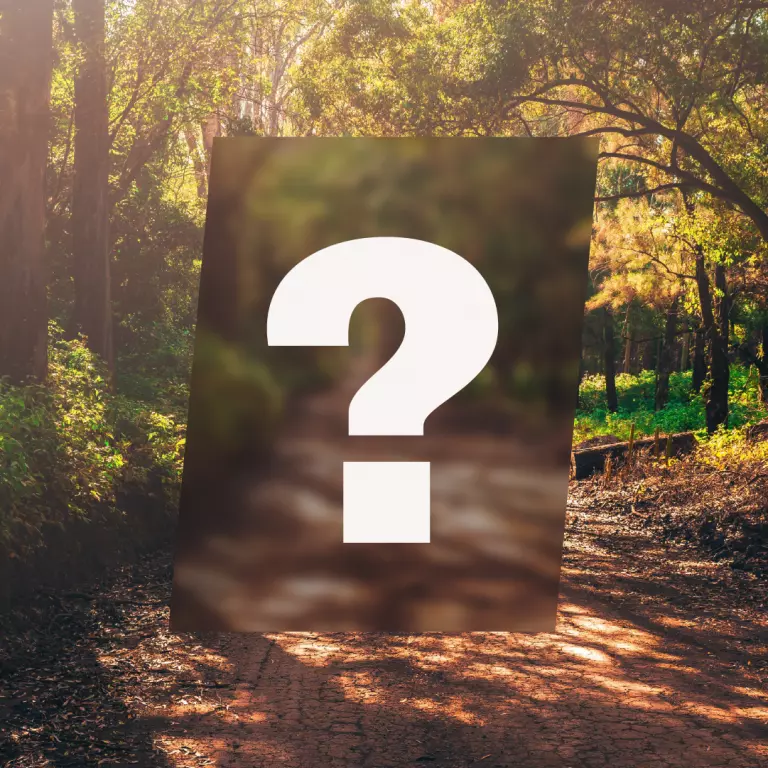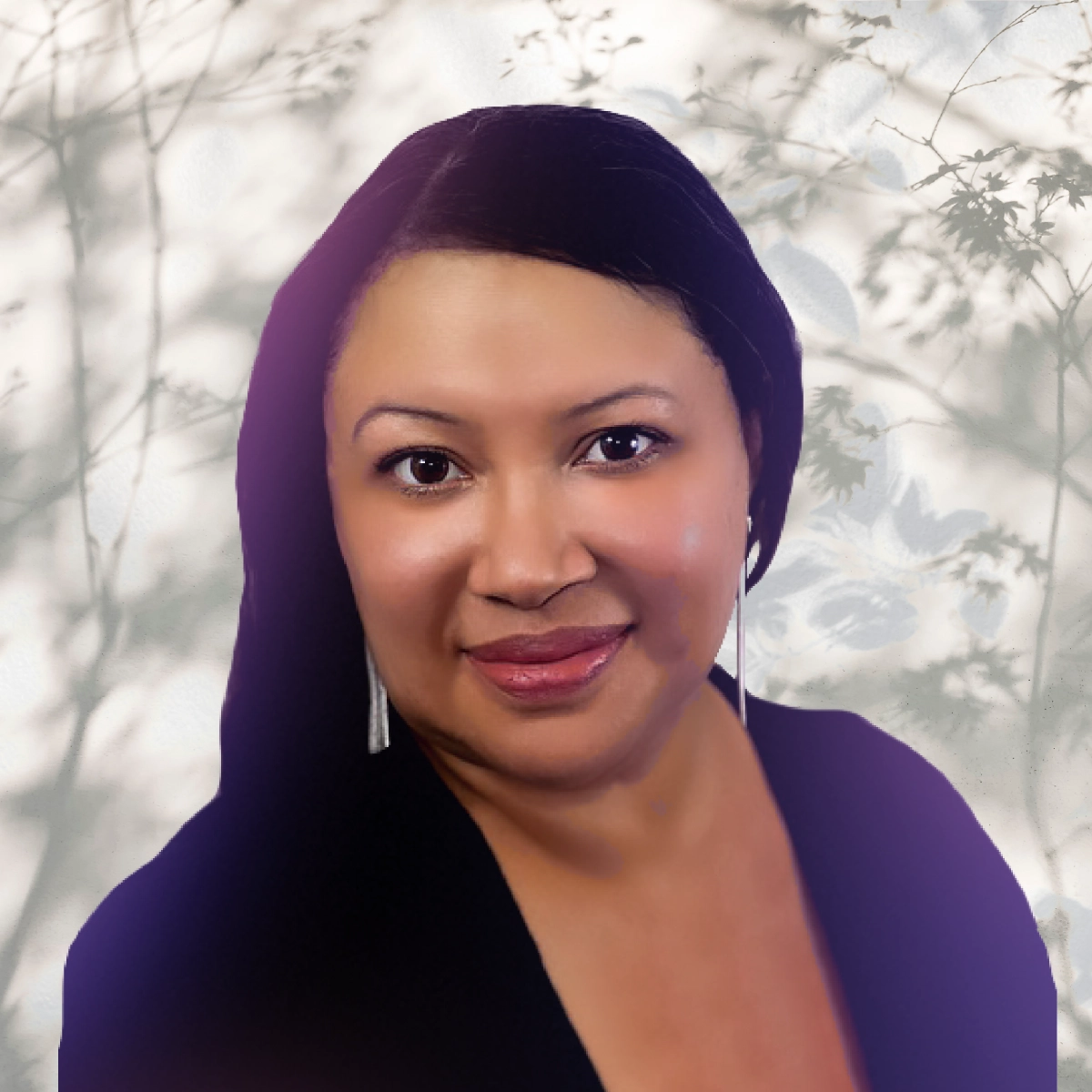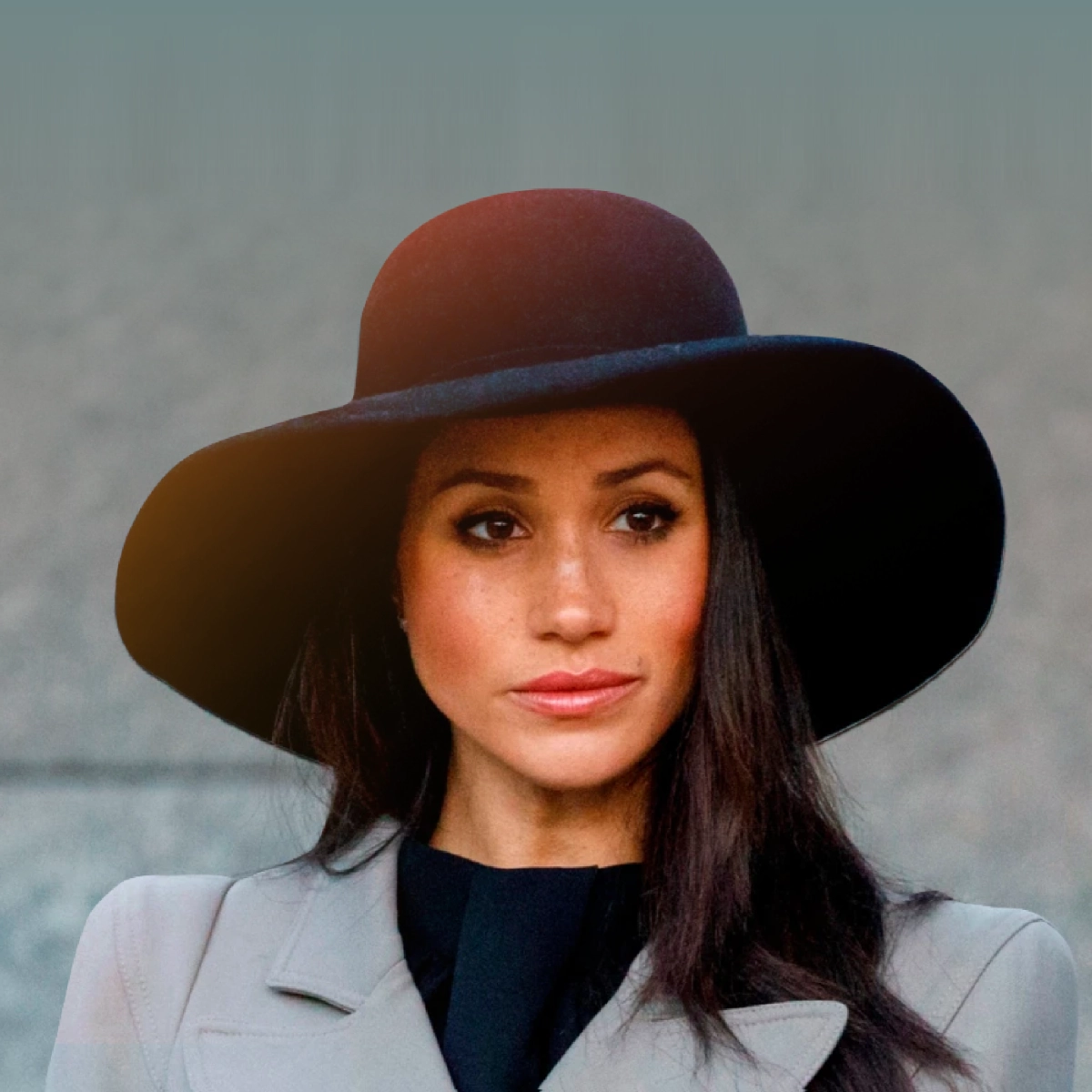There is a lovely scene from the Before trilogy in Before Midnight (2013) where couples of different generations are gathered together in a Greek villa for dinner. As they toast, an elderly friend of the main characters, Jesse and Celine, speaks of his late wife, “We were never one person,” he tells the young couple, “always two.” Like sharing a secret code to everlasting relationships, Jesse and Celine’s friend broke it down simply: the journey of self-discovery and romance is to be experienced parallel to one another, but never as one. Your journey is uniquely yours.
These words of advice both summarize and foreshadow the couple’s long journey in their relationship. With three films showing different phases, stemming from fiery passion to the aftermath of settling down with two children, the Before trilogy paints a picture of a modern relationship and the questions we ask along the way.
However, it doesn’t fully resolve the burning question of what it takes for a relationship to become everlasting. In Before Sunset, the second film of the Before saga, Celine ponders the validity of loyalty in a romantic relationship. “There’s got to be something more to love than commitment,” she says as she and Jesse stroll the streets of Paris.
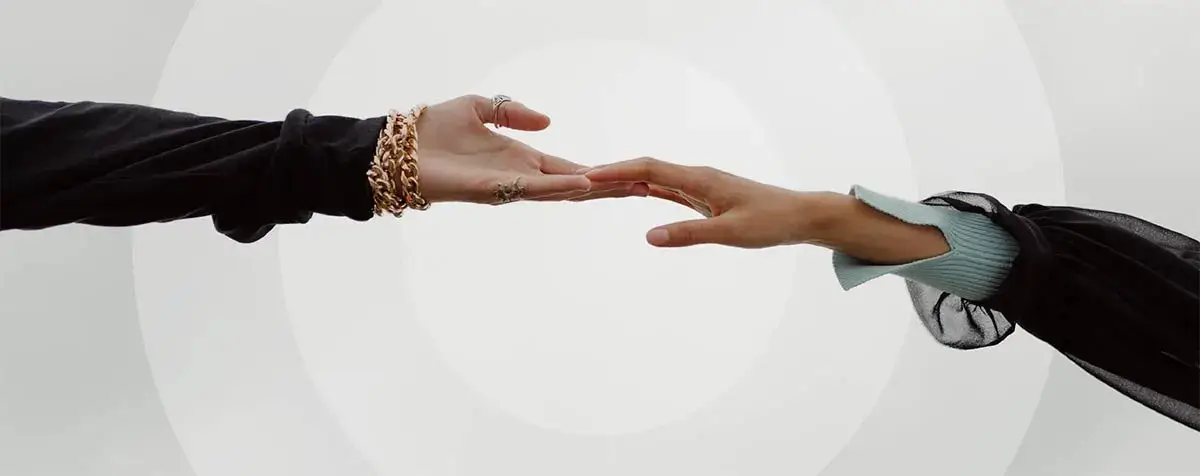
Today, we have questions beyond that of commitment. As evolved individuals, in the world we currently live in—amidst a pandemic, wars, global warming, late capitalism—we seek clarity on many things: who we love and how we love them, our cultural and gender identities, sexual orientation, our core values, or if there is such a thing as “the one.” The list goes on, and a lot of us are confused.
In And Just Like That, the new reboot of Sex and the City, we meet a new character named Che Diaz: Carrie’s new boss, a gender non-binary podcast host and comedian. In an episode where the girls see Che’s comedy special, Che reminds a finger-snapping LGBTQIA+ crowd that “confusion is a good thing.” If something doesn’t feel right, “whether it be your shirt or your identity,” you have the power and the choice to change it.
Confusion is an “epistemic emotion,” an emotion associated with the development of knowledge and understanding of things. We experience confusion when our knowledge finds itself at a cognitive impasse with new information.
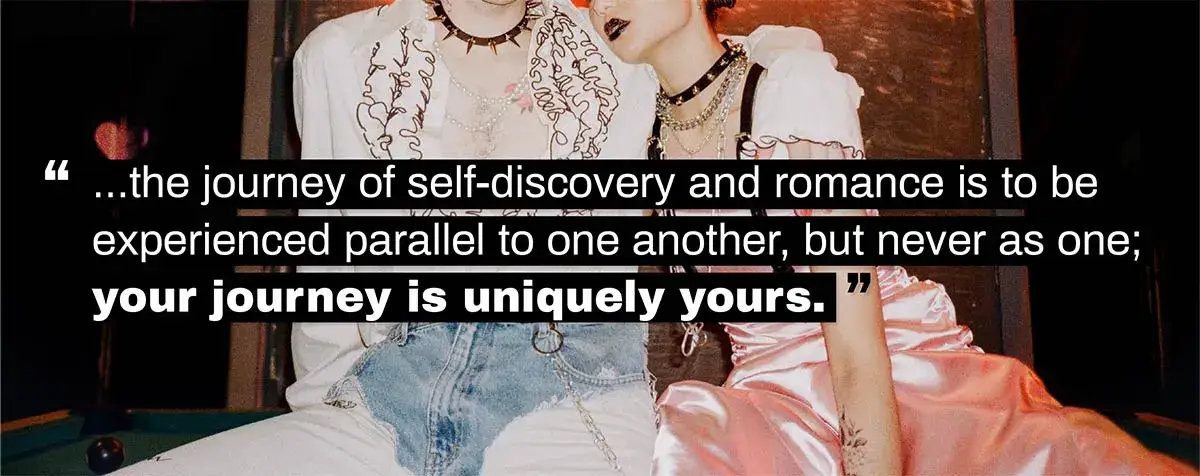
Incorporating confusion into our status quo imposes a “meaning threat“: that uncomfortable feeling when nothing quite makes sense. We become motivated to find meaning somewhere, even if not from the source of what confuses us. Our paths of self-discovery have us learning new things about ourselves, whether it be a newfound skill that could blossom into another career. Or a newfound sexual identity, growing into a new romantic road in life. Or that not being in a romantic relationship is the best life ever. All three cases could come to us as new information—sometimes even amidst comfortable homeostasis.
As anxiety-ridden as these changes seem, it’s still a new revelation from what we previously knew about ourselves. It is essential to know there isn’t a definitive answer to these new challenges. Maybe after the newfound skillset evolved into another career, you realize you were truly meant for your last job. Perhaps the newfound sexual identity will shift in another direction one day. Or that you need a partner during a new phase in life. If you’re about to engage in any sense-making activity, from analyzing our identity to solving new puzzles, expect it not to make much sense at first. By accepting what confuses us, we are our own navigation system. Along the way, we develop new language and methods that keep us moving forward in engaging our friendships, romance, and family (both biological and chosen variety). When expecting answers right away, we can remind ourselves how often our intuition did a better job getting us somewhere than a GPS ever did—we just have to trust it.
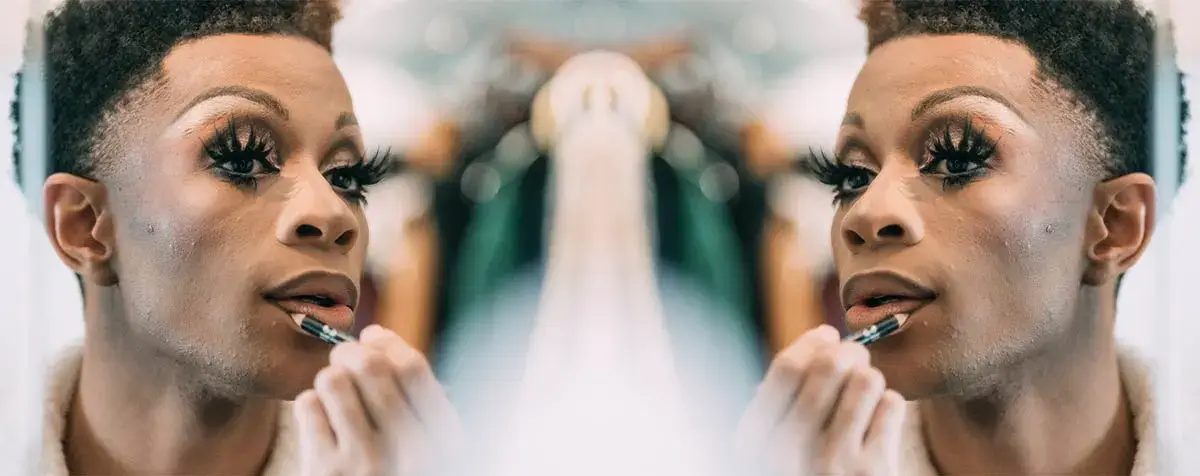
Mallory Hanfling (she/they), a Ph.D. candidate in Human Sexuality at the California Institute for Integral Studies (CIIS), focuses her research on the population she endearingly coined as “fireflies,” also known as “late-blooming lesbians.” Navigating the shift in relationships while coming out late in life can be confusing. Fireflies share common ground; all stem from committed heterosexual-presenting relationships while questioning their sexual orientation. Without any intention of gatekeeping, Hanfling calls fireflies “a unifying term for a set of experiences” as women embrace their unknown paths ahead with a supportive community.
Self-discovery is essential in our growth as individuals and as humans in a society. As much as we want to avoid pain and confusion, choosing a life void of questions can languish over time. The late author and social activist bell hooks reminds us in her book Belonging, “We often cause ourselves suffering by wanting only to live in a world of valleys, a world without struggle and difficulty, a world that is flat, plain, consistent.” Without deliberately confronting ourselves with the unknown, our journey plateaus. Our willingness to explore ourselves authentically paves, albeit rocky but adventurous, new ways of thinking. We find what was once cringe-worthy to be earnest. We develop a broader vocabulary of our identities and relationships. We create the supportive literature that helps us define it all. Just remember: it’s going to feel weird at first—you might even piss off a few people along the way. But we’ve faced much harder things as humans; we’re equipped to figure hard things out. The most exhilarating thrill about embracing our confusion is our audacity to do it at all. You’d be surprised to discover things you didn’t know you ever wanted. And that makes it worth all the trouble.


